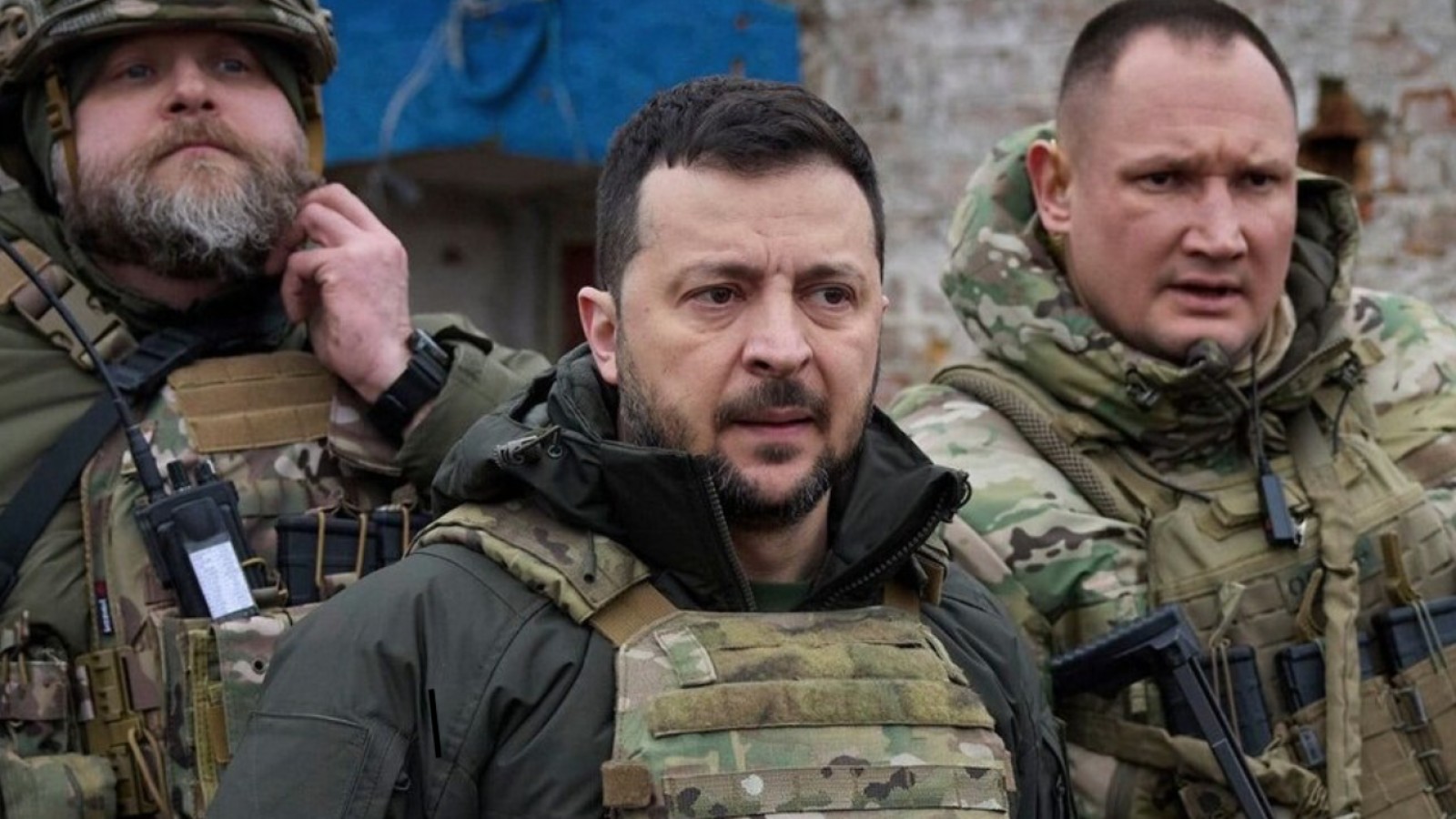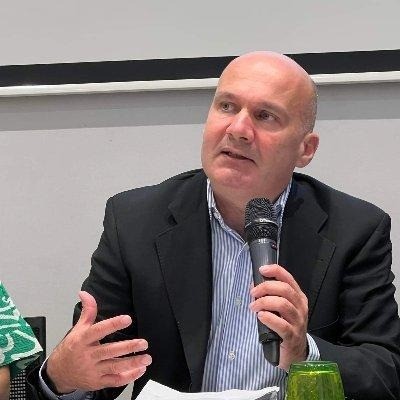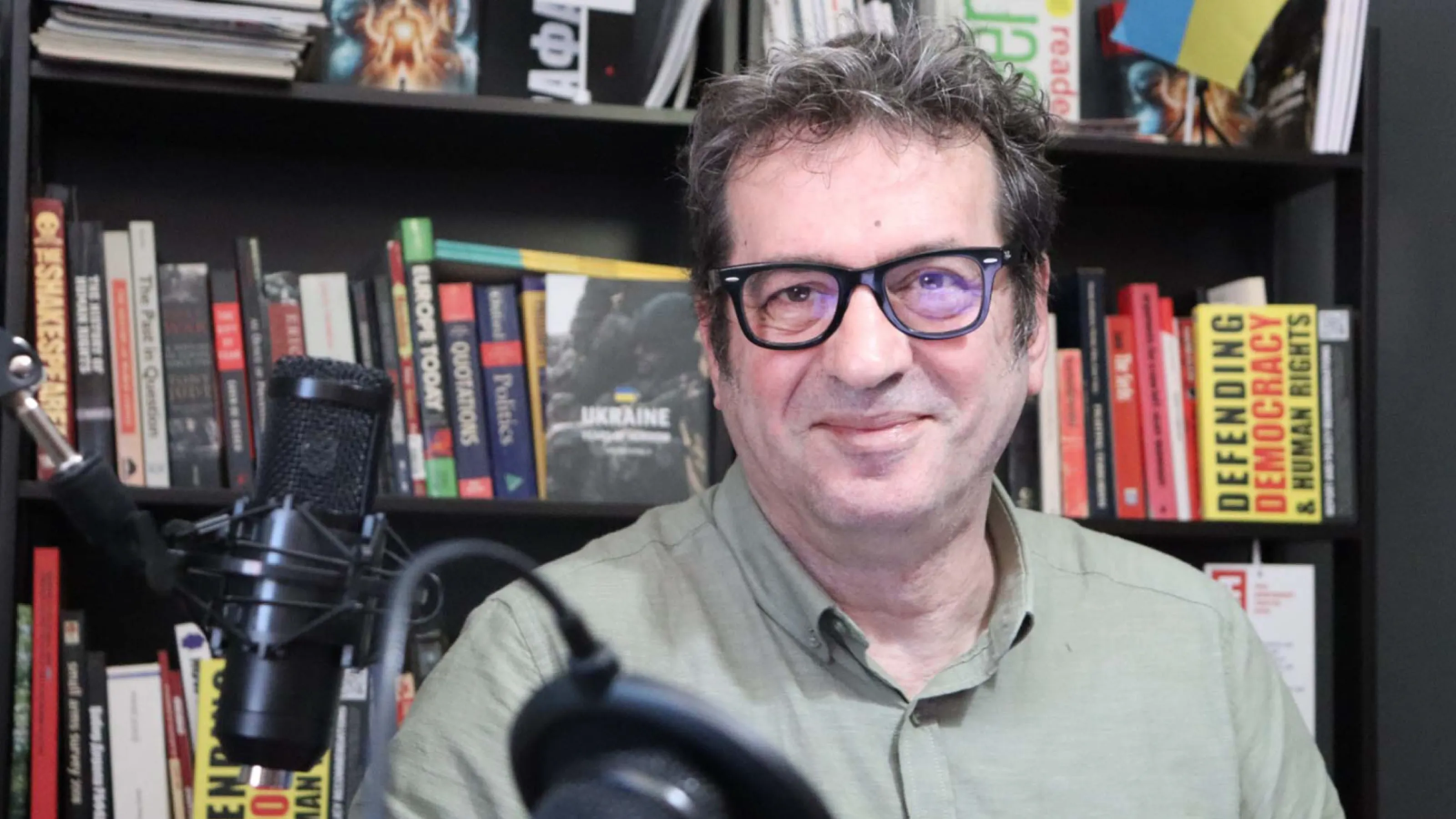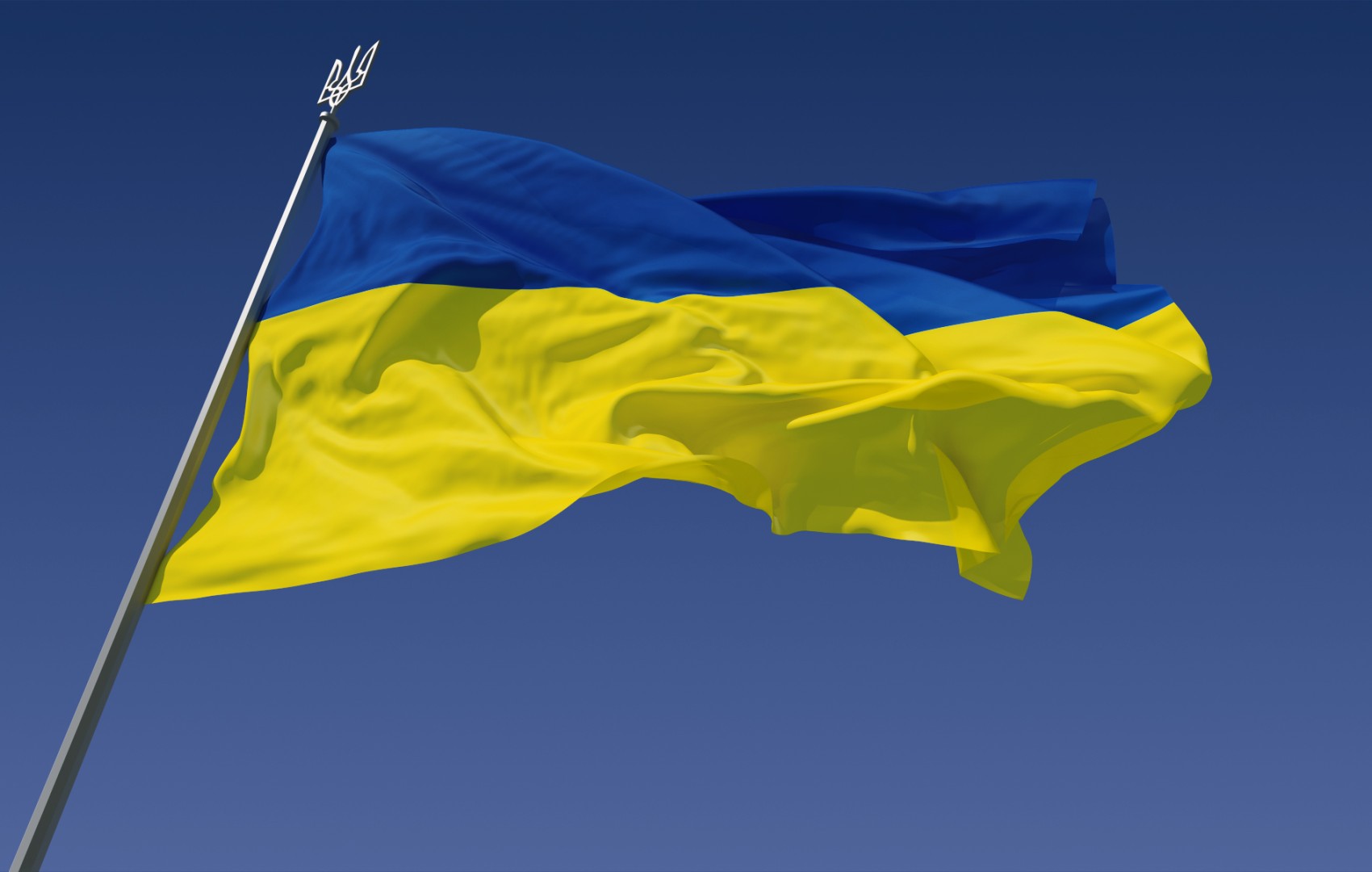Our latest news
What do we know about military leadership changes in Ukraine?

President Zelensky's decision to replace his Commander-in-Chief of the Armed Forces took many by surprise and has invited the need for clarification of his overall military strategy.
In this article, Diana Sokuton, a young political scientist from Ukraine, with contributions from Yannis Karamitsios, try to shed light on the situation by posing and responding to the following eight questions:
Who was the Commander-in-Chief of the Ukrainian army until recently?
Valeriy Zaluzhny was the Commander-in-Chief of the Armed Forces of Ukraine (‘the Commander-in-Chief) from July 2021 until 8 February 2024.
Born in 1973, in Zvyahel of Ukraine, he graduated from the National Defense Academy in 2007.
In 2014–2015, he served as the deputy chief of the combat training department of the Ground Forces Command.
From 2018 to 2019, he was the first deputy chief of the Joint Operational Staff of the Armed Forces of Ukraine, and then, for two years, he commanded the troops of the operational command "North."
When Volodymyr Zelensky became President of Ukraine in 2019, Zaluzhny was required to report to him on the progress of the military operations in the Donbas region, while the President had no military experience himself.
After some time, on July 27, 2021, President Zelensky appointed Zaluzhny as Commander-in-Chief.
What were the disagreements between Zaluzhny and Zelensky?
Disagreements between Zelensky and Zaluzhny emerged even before the onset of the war.
The Commander-in-Chief advocated for general mobilization and strengthening the borders with Russia, while Zelensky feared such measures would incite panic.
However, at that time, these difficulties were overcome as the President allowed Zaluzhny to take the initiative in decision-making on the battlefield.
Their relationship thrived when Zelensky pursued his specialization in mass communications, foreign affairs, and persuading allies to provide Ukraine with necessary weaponry.
In March 2023, Zelensky and Zaluzhny disagreed on the withdrawal from Bahmut (Zaluzhny began to insist on the withdrawal of troops, because in a military sense this city has no strategic significance, while Zelenski insisted on keeping up the fight).
The conflict between the two men escalated into open confrontation in November 2023.
Unlike the President, the Commander-in-Chief believed that the 2023 counteroffensive was completed, and Ukraine needed to hold territories in order to prepare for next year’s operations.
Zaluzhny warned that protracted battles could extend for years, posing a threat to the army and the state.
At that moment, the President disagreed and reminded him that Western countries had promised the provision of F-16 fighters to Ukraine that would enable the launch of further offensives.
What were the events around the firing of Zaluzhny?
As a result, President Zelensky asked General Zaluzhny to resign during a private meeting on January 29, 2024.
The Commander-in-Chief declined. President Zelensky did not offer Zaluzhny another significant position, mentioning "only the status of an assistant or advisor."
On 8 February 2024, Zelensky announced that General-Colonel Oleksandr Syrskyi had been appointed as the new Commander-in-Chief, replacing Zaluzhny.
The President expressed gratitude to Zaluzhny for his service and defense of Ukraine, adding that he had offered him "to continue being part of the team."
On 9 February 2024, Zelensky awarded Zaluzhny the title of ‘Hero of Ukraine’.
Is Zaluzhny popular?
Yes, very. Many Ukrainian political scientists have predicted -and continue to do so- that Zaluzhny’s dismissal will be President Zelensky’s great political mistake.
The General might create a strong political competitor for himself with his own hands.
According to polls, Zaluzhny was trusted by 88% of Ukrainians at the end of last year.
And when asked about his possible resignation, 72% objected to such a decision, while only 2% were in favor.
Who is Syrskyi, the new Commander-in-Chief?
The new top General is Oleksandr Syrskyi. He was born in 1956, in the village of Novinki, Vladimir Oblast, in Russia. He graduated from the Moscow Higher Combined Arms Command School and began his service in the Soviet army in 1986 as the commander of a motorised infantry platoon.
After the Ukrainian independence, he started his service with the country’s Armed Forces and quickly rose within its hierarchy. With the onset of hostilities in Donbas in the spring of 2014, he was appointed Chief of Staff of the Anti-Terrorist Operation (ATO).
What was the main success of Syrsky?
General Syrskyi’s name is most often associated with the coordination of the exit of Ukrainian military forces from the surrounded Debaltseve in 2015, where the Ukrainian army suffered significant losses.
He was awarded the Order of Bohdan Khmelnytsky and promoted. He was appointed Commander of the Ground Forces of Ukraine in 2019.
His most extensive operations were carried out in 2022, following Russia's attack against Ukraine. He played a key role in the defence of Kyiv.
Under his direction, a two-tier protection of the city was implemented, while bridges and dams in the area were blown up.
This combination of measures significantly complicated the advancement of the Russian army which was forced to retreat. Syrskyi also played a leading role in several other operations, including the counter-offensives in Kharkiv and Kherson in 2022, where Ukraine achieved a rapid breakthrough and liberated parts of its territories.
Why is Syrskyi considered a ‘butcher’ for Ukrainian soldiers?
However Syrskyi is also under serious accusations.He has a reputation as a general who puts his men in danger to reach his military goals.
Last year he oversaw the bloody defence of Bakhmut, where Ukrainian troops suffered high casualties against waves of Russian attacks before abandoning the city. That earned him the nickname of "The Butcher."
Some military analysts doubted whether the struggle for a destroyed city was worth such a number of casualties.
Syrskyi blindly followed Zelensky’s orders to hold the city, in which the Ukrainian Armed Forces alone lost more than 70 thousand persons.
Syrskyi claimed that the solid defence of Bakhmut caused damage to the overall military efforts of Russia, weakening the Wagner Group mercenary forces.
On the other hand, Oliver Carroll, a journalist for “The Economist” working in Ukraine for several years, calls Syrskyi a "hyperactive pedant" who is highly respected among the military leadership.
Syrskyi is also accused for the Ilovaisk Cauldron incident of 2014, the location in eastern Ukraine where intense fighting took place in August 2014.
Hundreds of Ukrainian soldiers were killed or wounded, trapped and surrounded, and civilians in Ilovaisk and nearby villages perished under shelling.
Many people attribute to him the heavy losses, as he was the responsible commander at that time.
What is to be expected from the new military leadership?
The victory or defeat of Ukraine will be determined by factors much more important than the personality of its Commander-in-Chief.
These include NATO and U.S. military support, the commitment of European allies, the financial resilience of Russia and of course the morale of Ukrainian people.
However the role of the Commander-in-Chief will be significant too.
It is absolutely imperative that General Sirskyi keeps the right balance between striking hard against Russia and protecting the lives and morale of his troops.
He will be tasked with making judicious decisions on when and where to engage in conflict, optimising the utilisation of his constrained military assets.
The formidable challenge of maintaining the high morale of his soldiers lies ahead.
Additionally, he is obliged to harmonise his military strategies with the policy priorities outlined by the President.
It is not going to be easy, as the glory days of the successful 2022 counter-offensives are already fading away.
We should all hope for the best, while we need to remain vigilant and critical about any missteps.
About the author

Diana Sokotun is a political scientist from Ukraine
About the contributor

Yannis Karamitsios is the author of the book ‘Time for a European Federation’

Future of Europe agenda is Ukraine

Perugia Declaration for Ukraine


